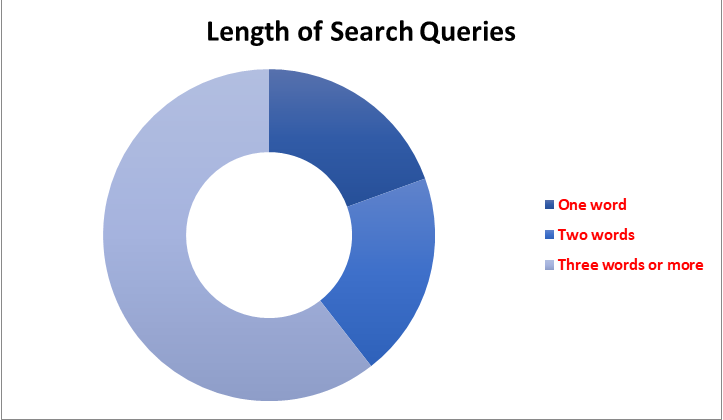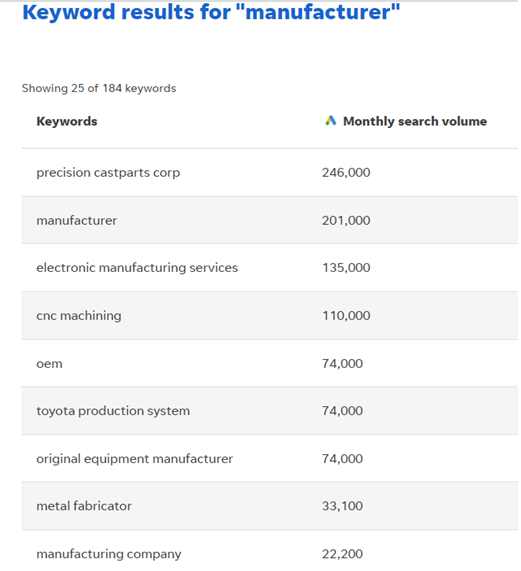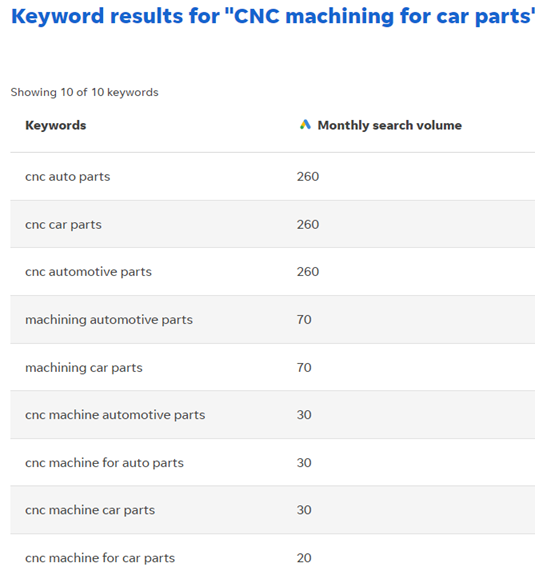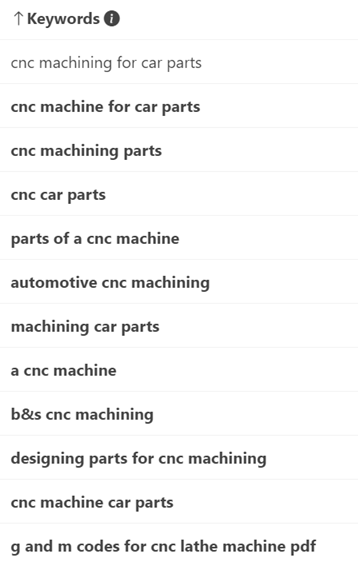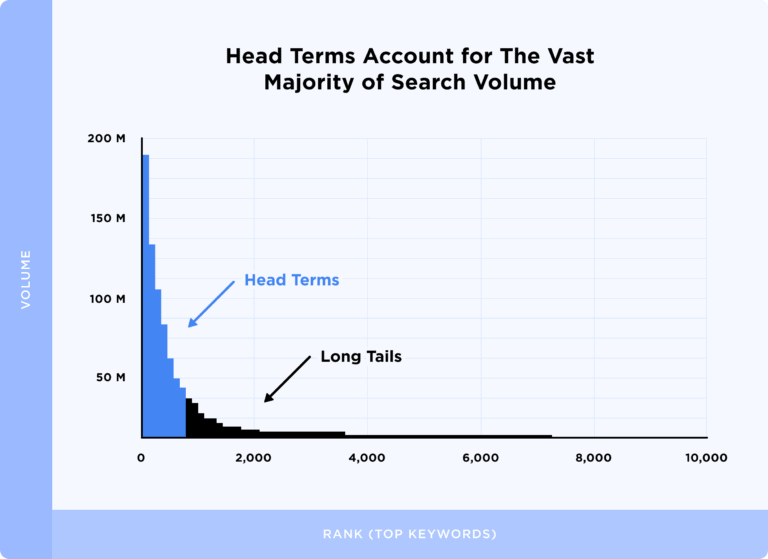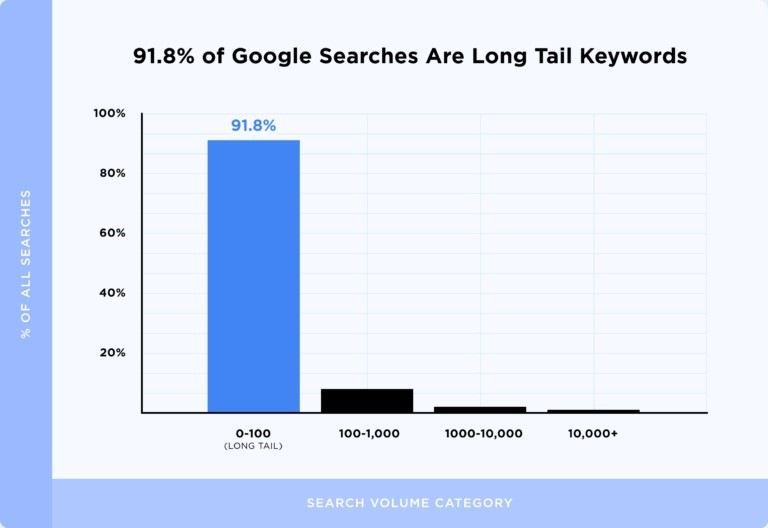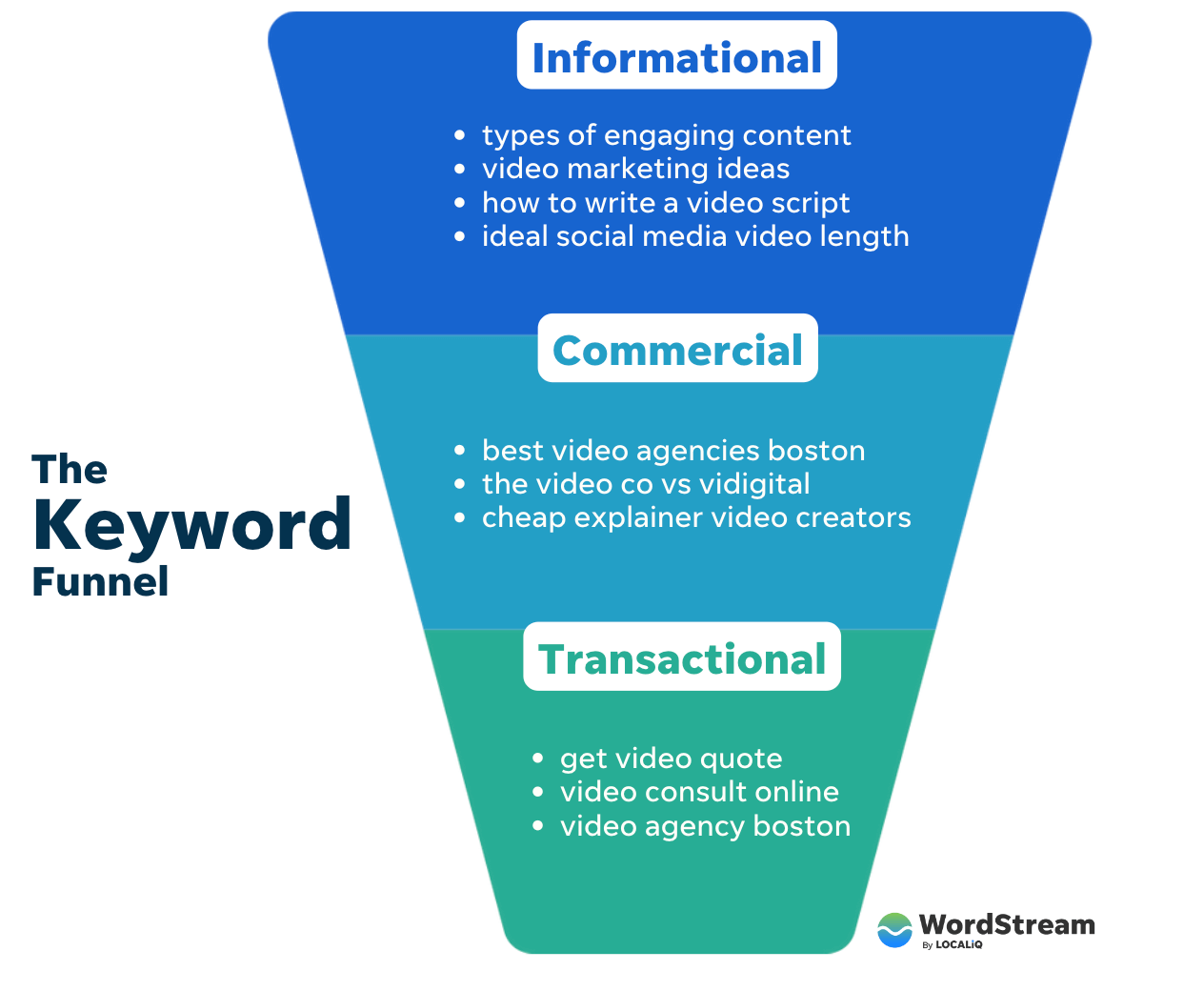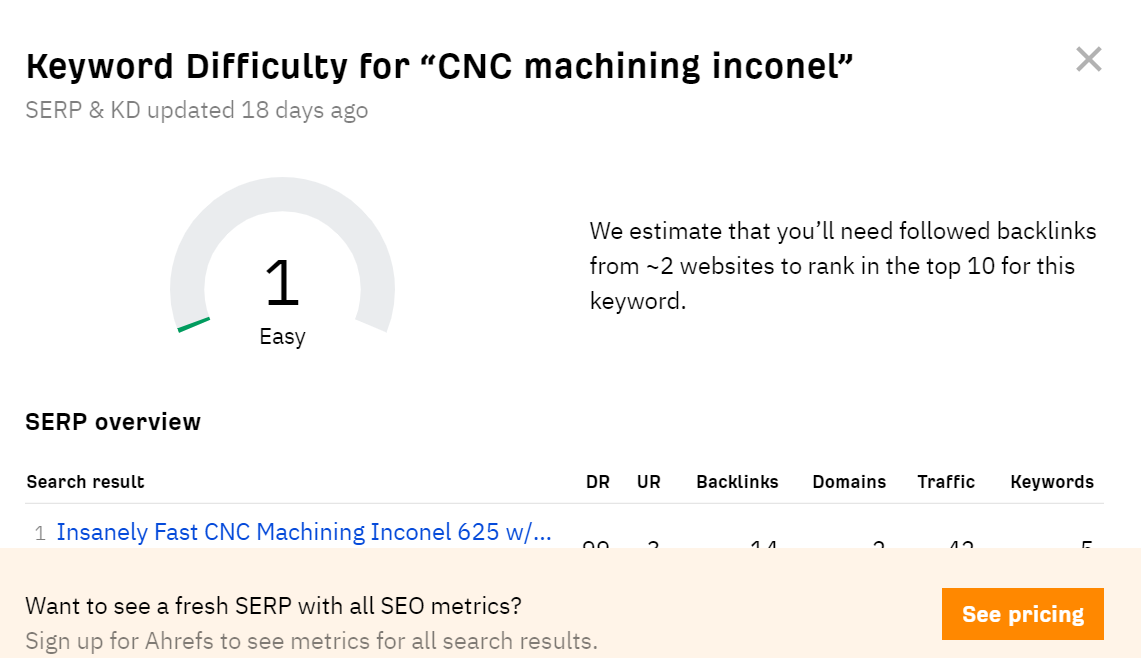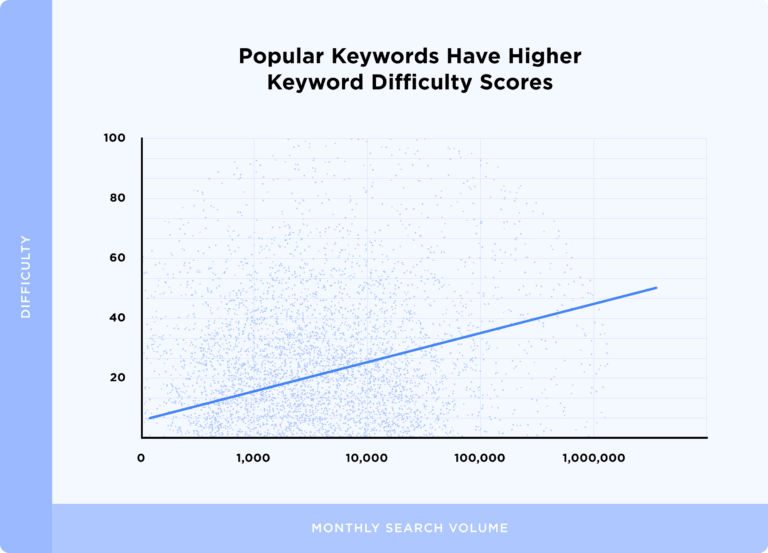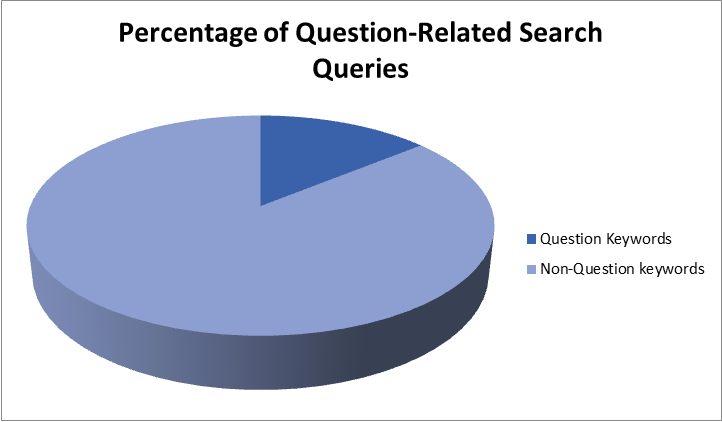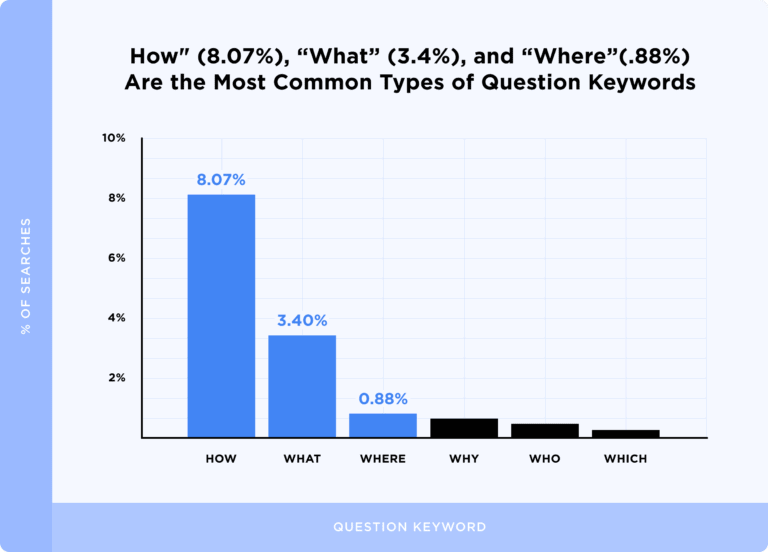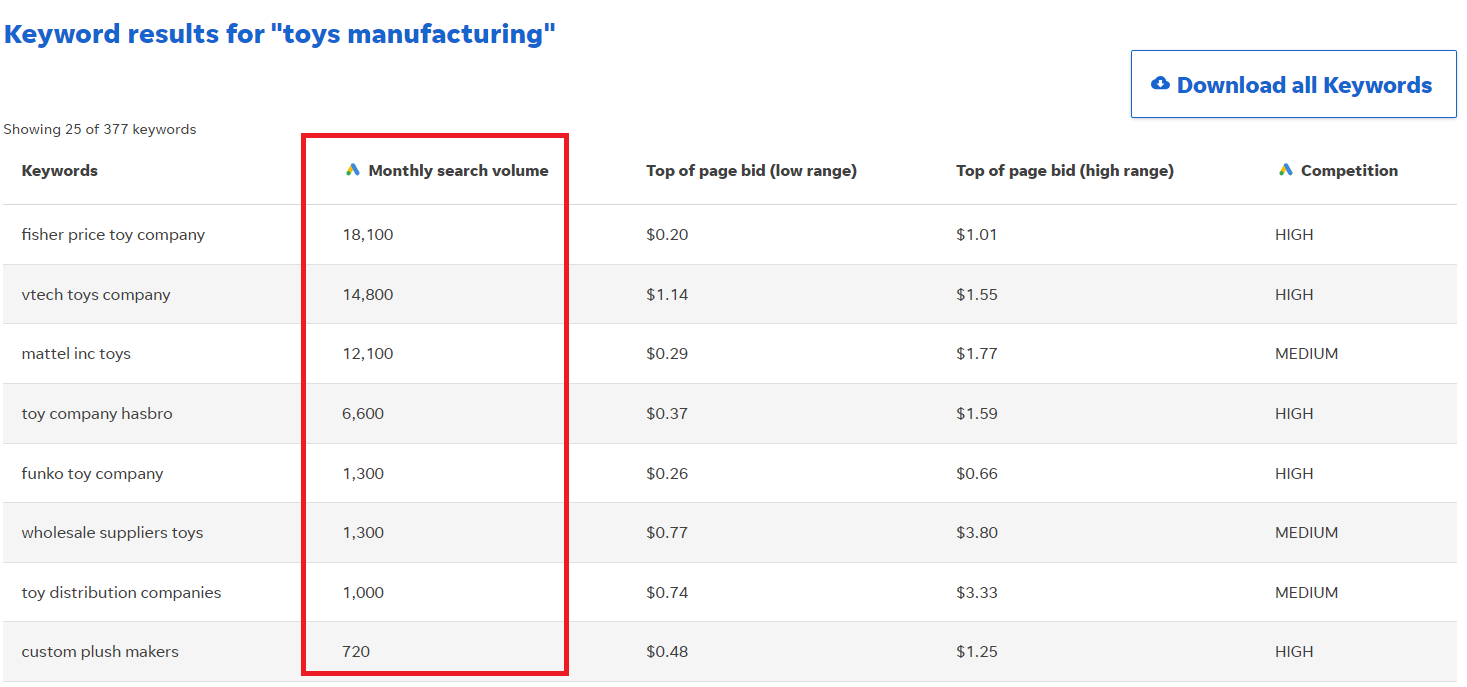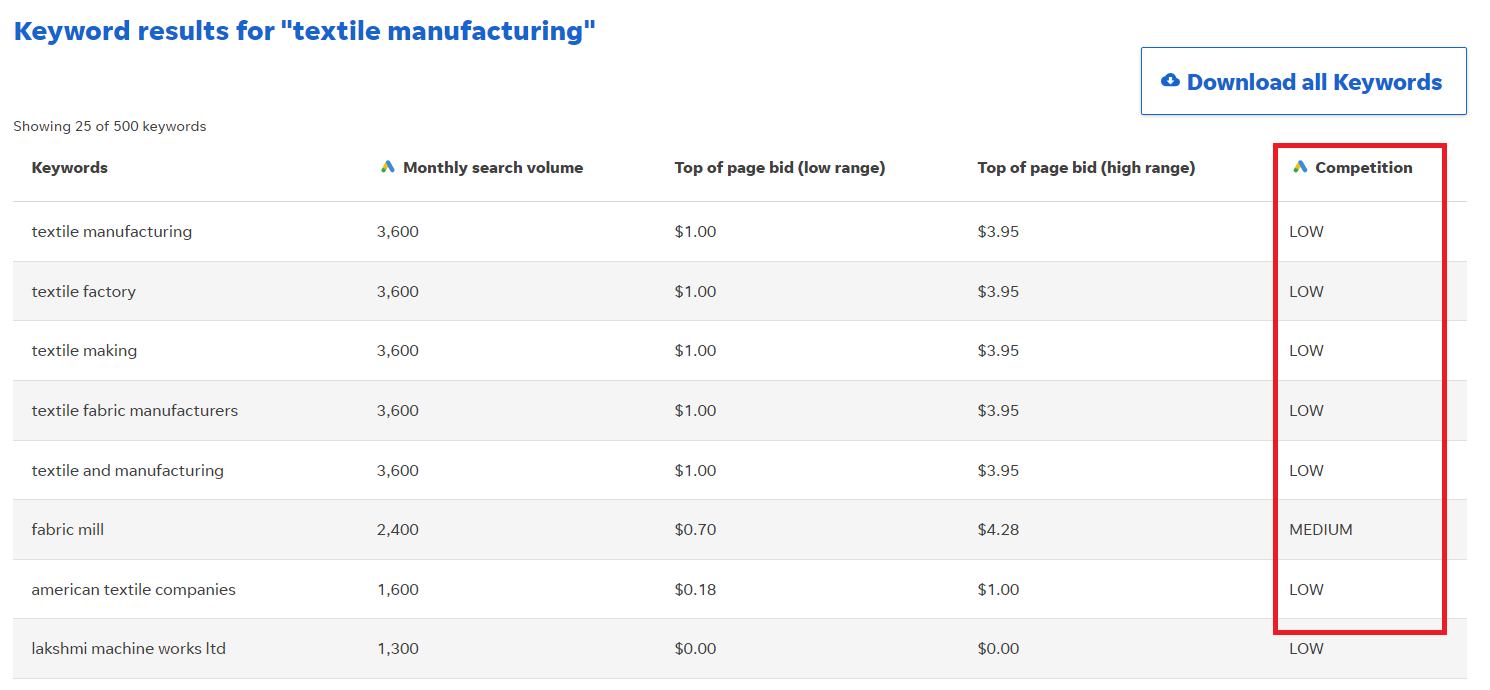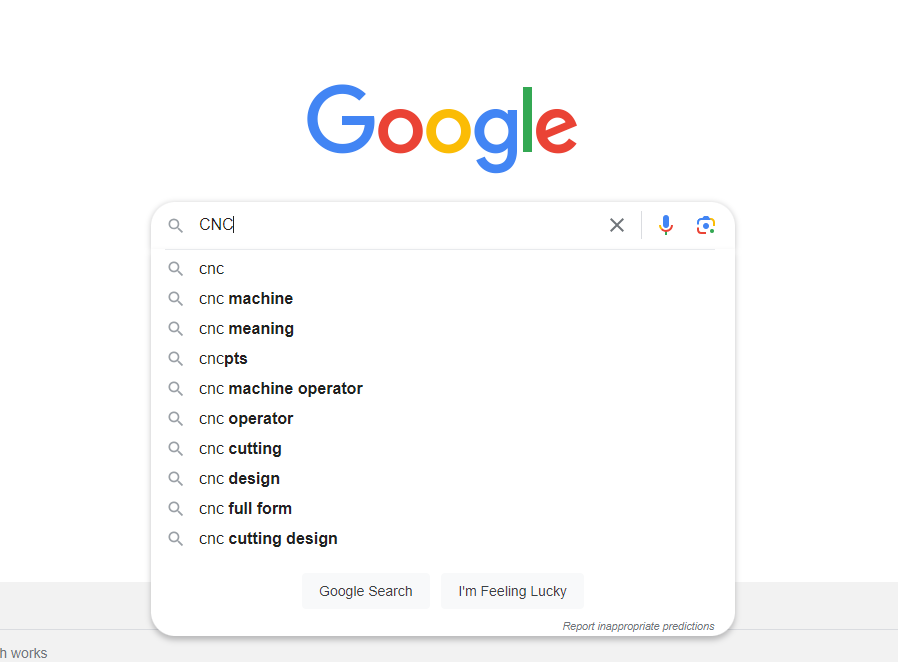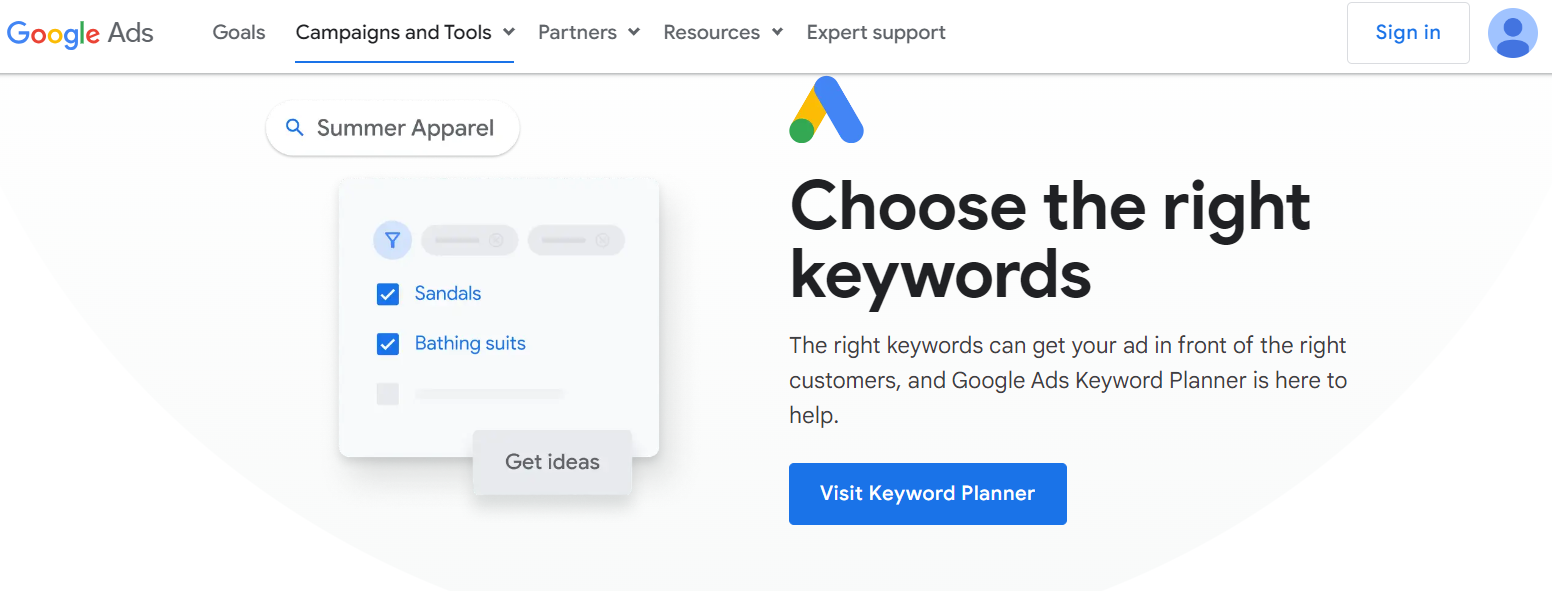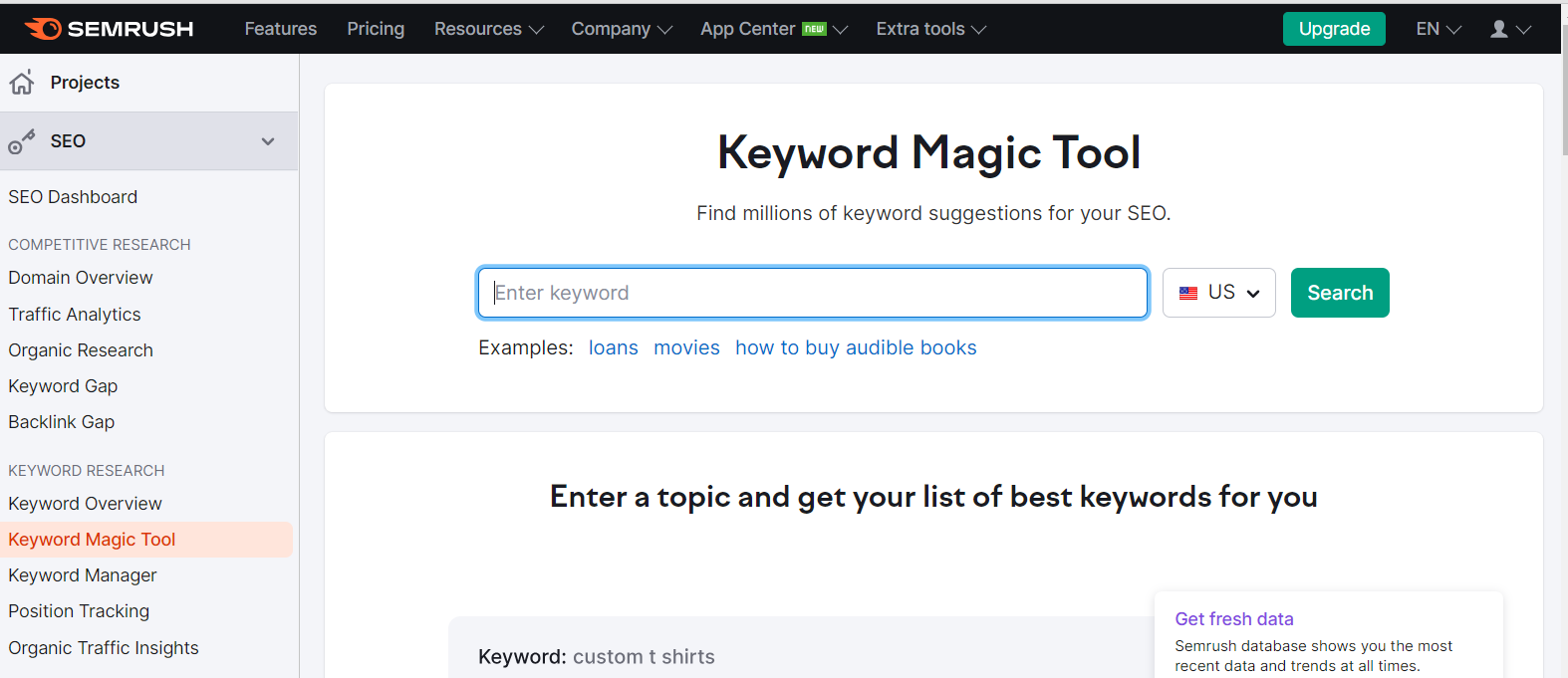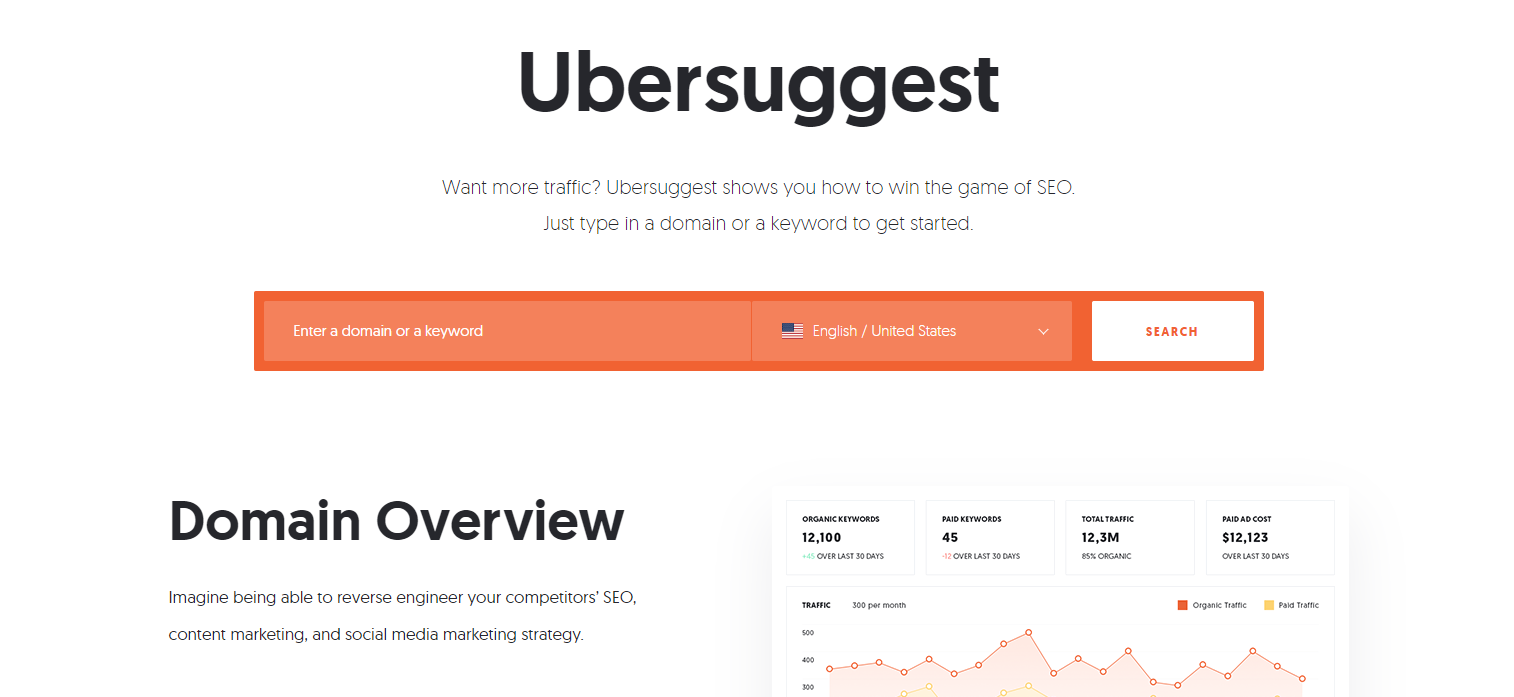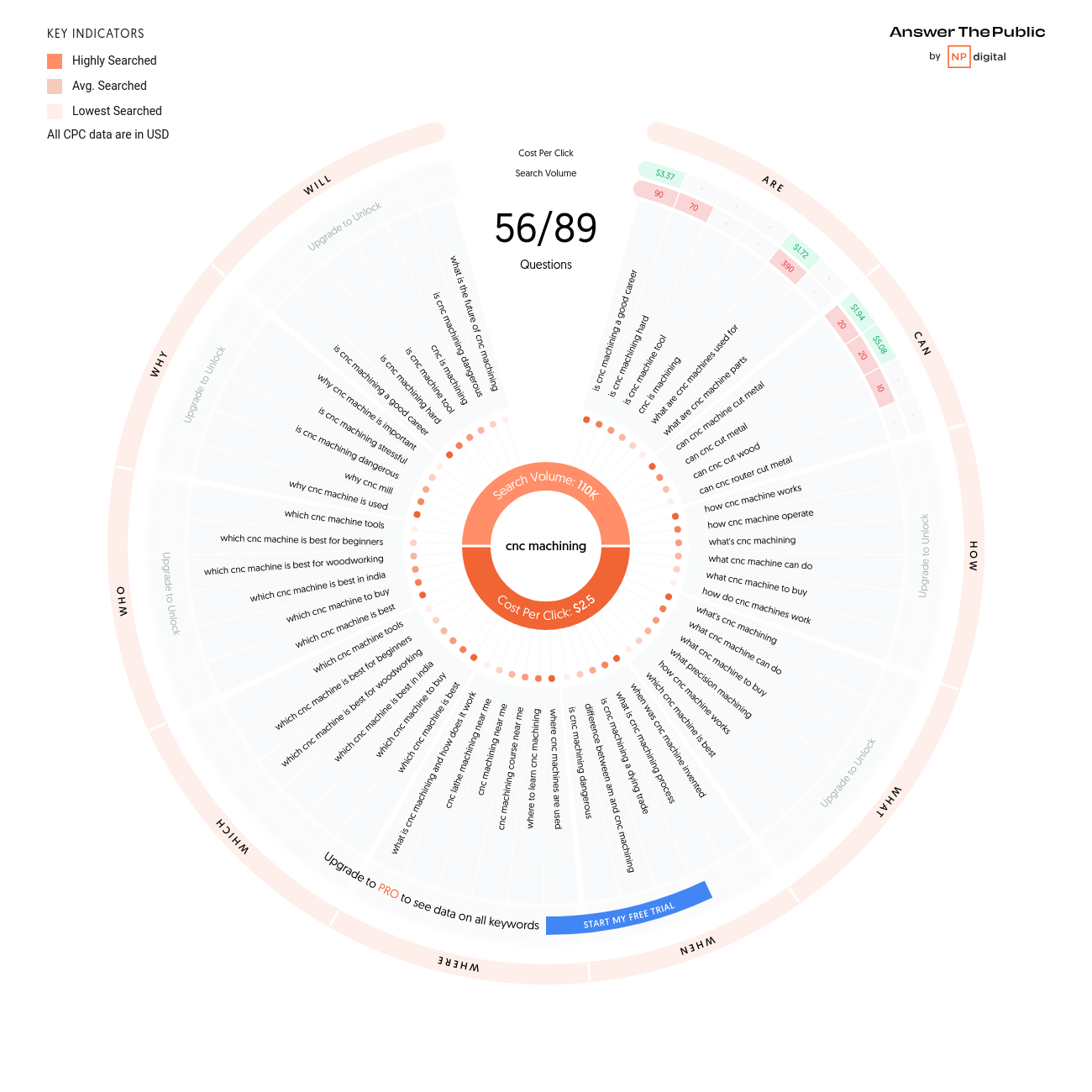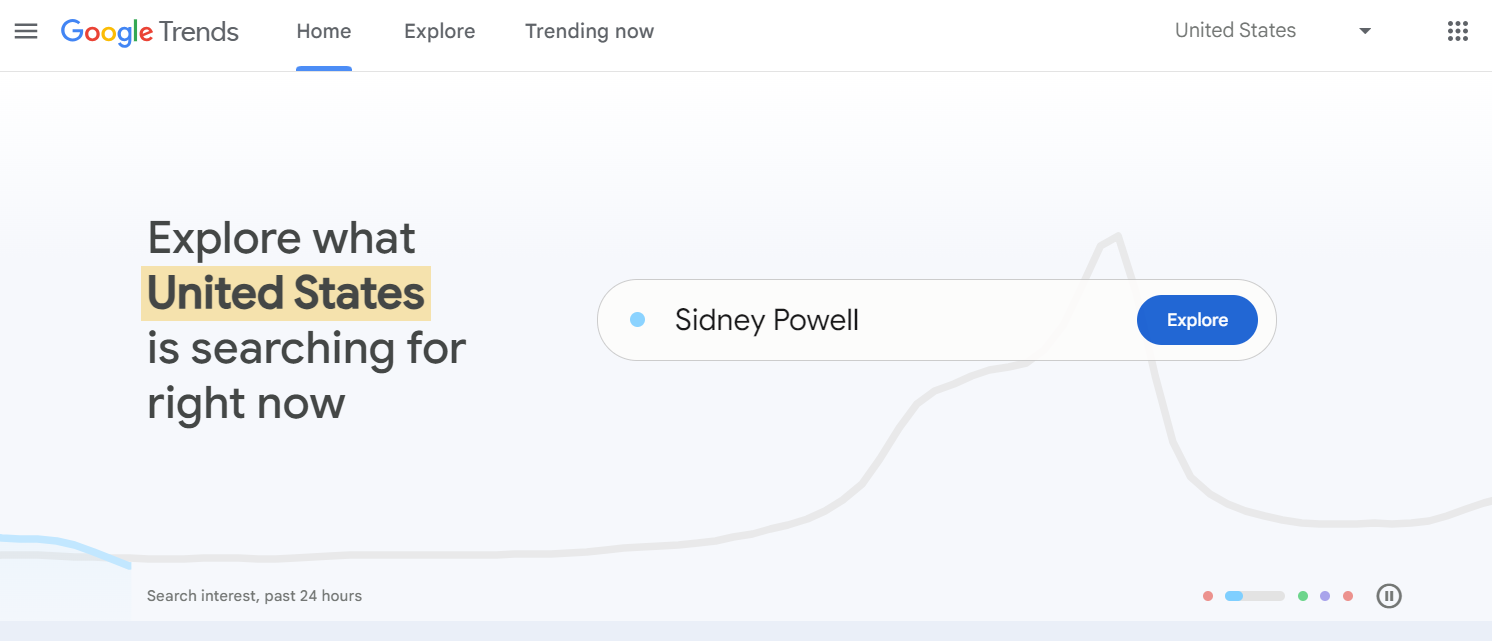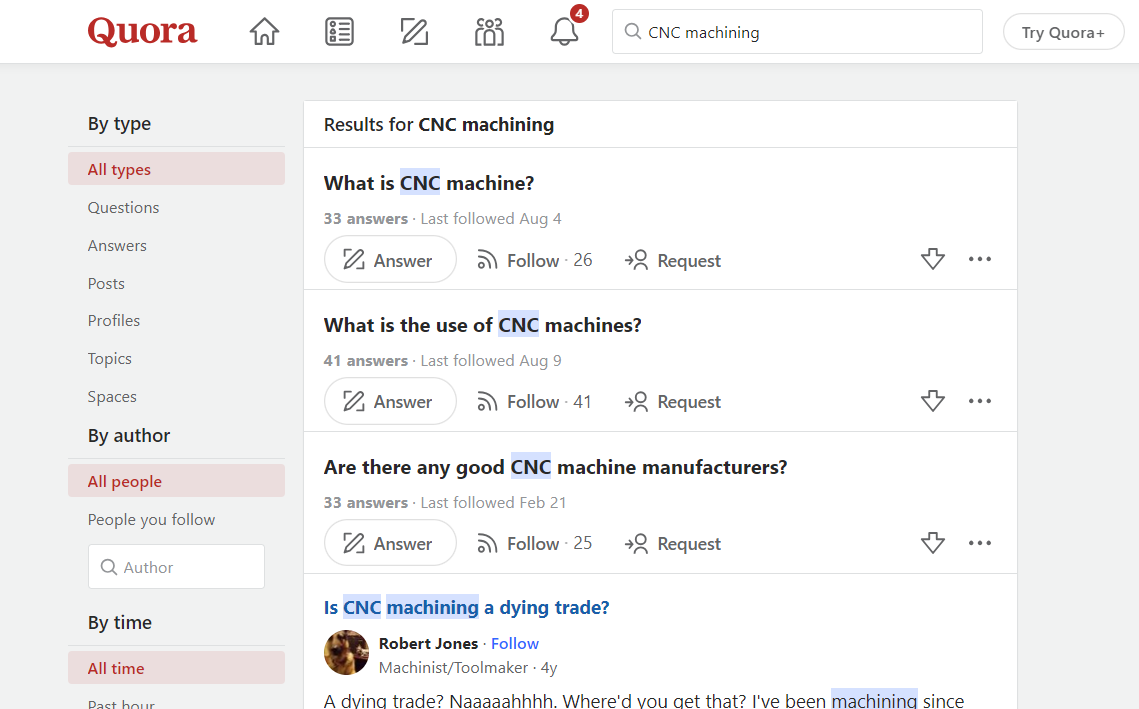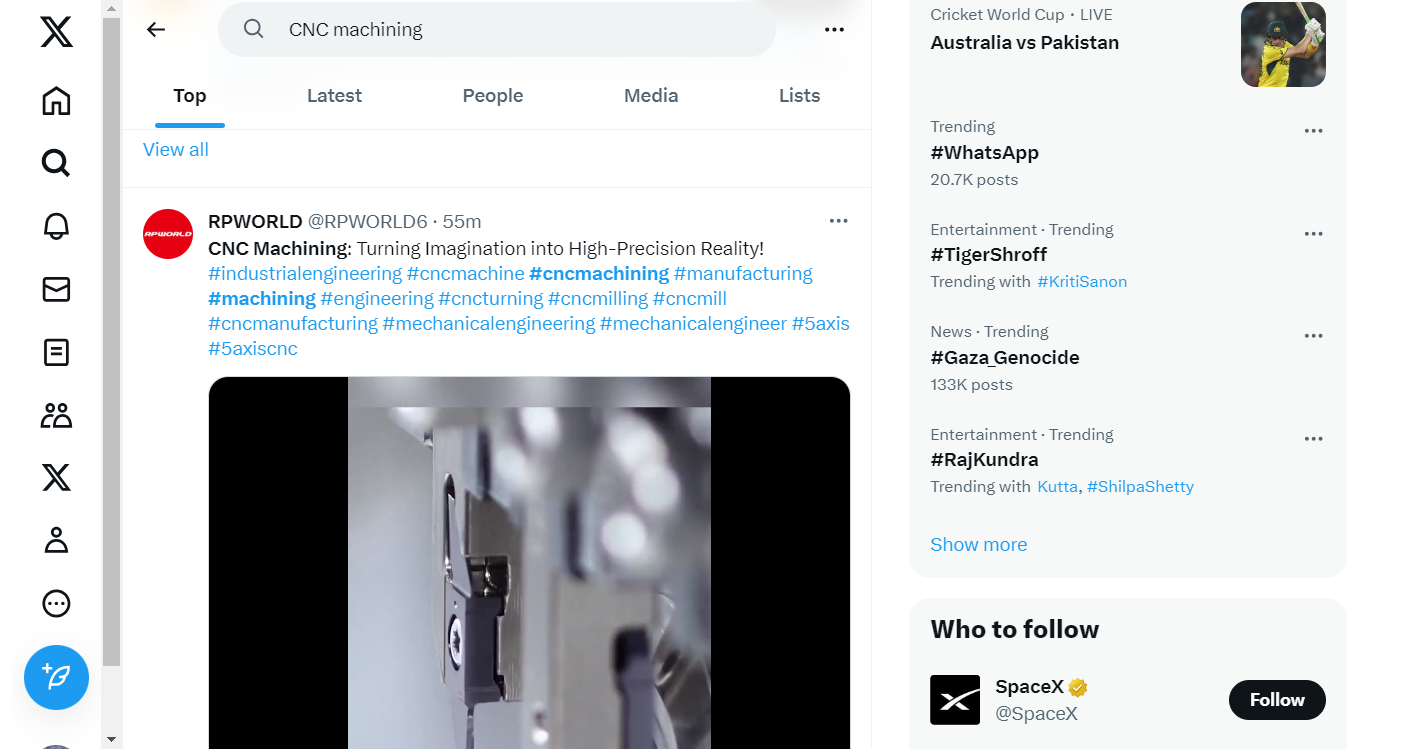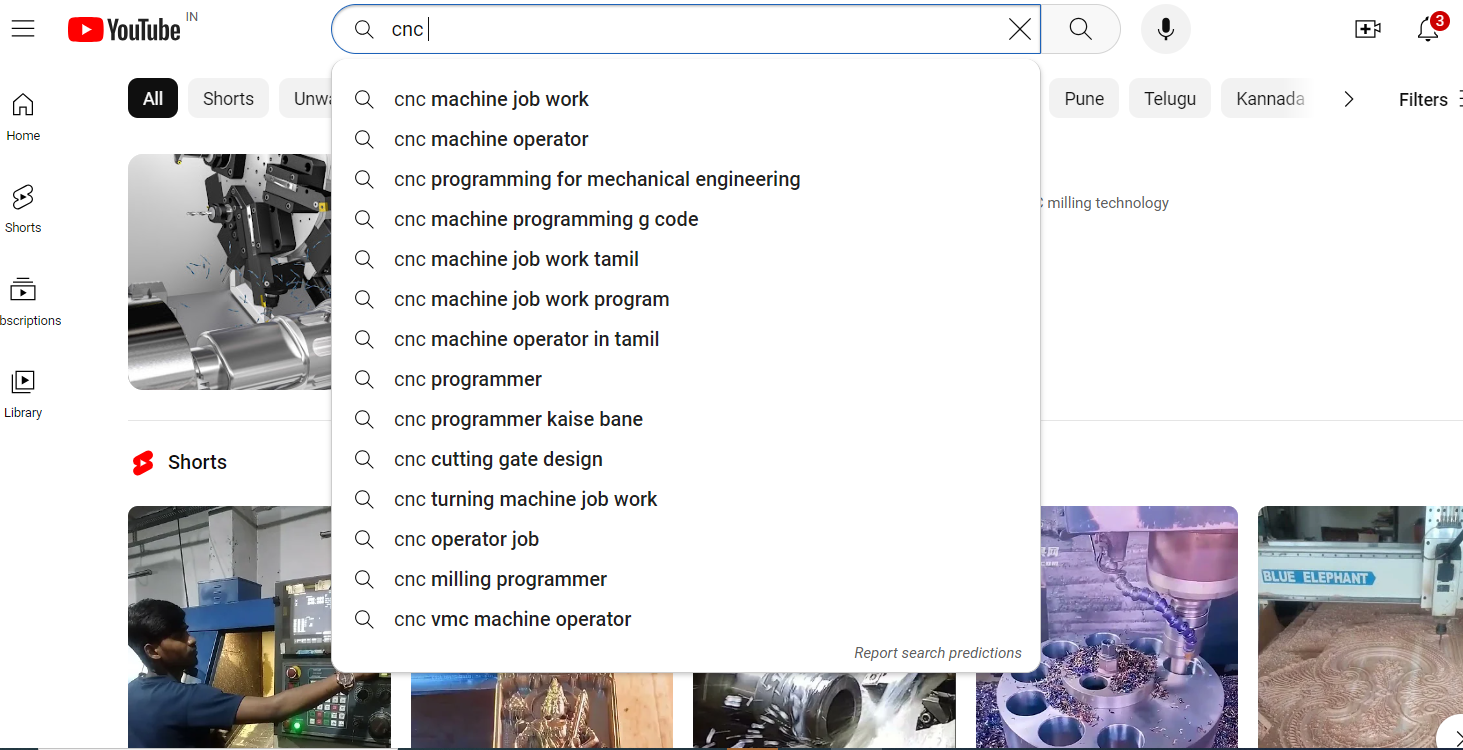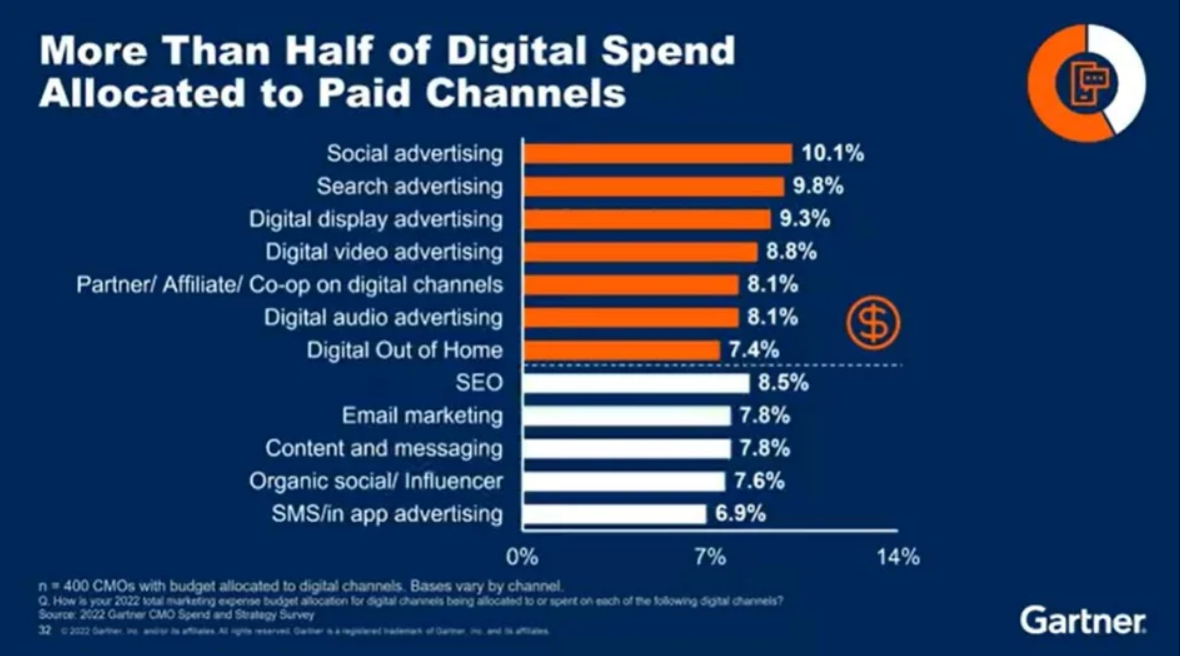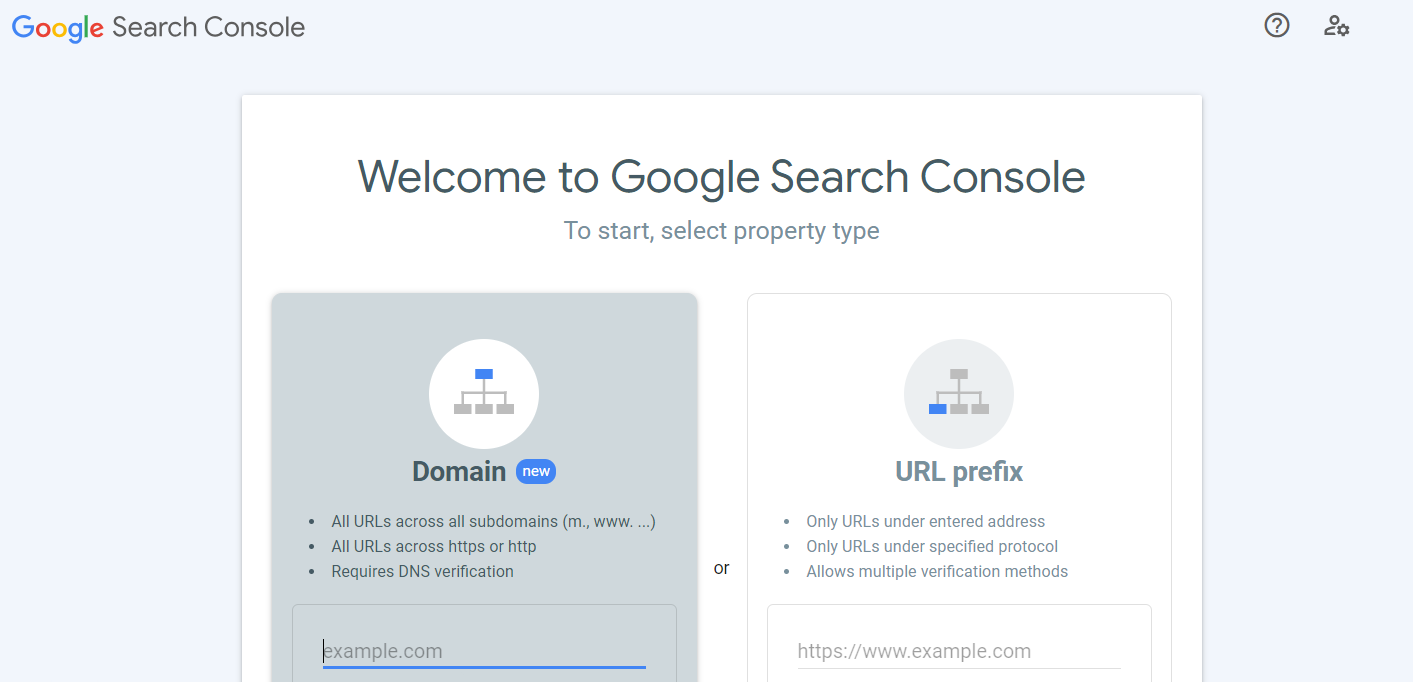Request for more details
The keywords you use and where and how you use them play a significant role in the success of manufacturing SEO. The best keyword strategy for B2B manufacturing search engine optimization (SEO) and digital marketing is to use industry-specific keywords to target prospective customers in your niche and become the industry leader online and offline.
The Choice of Keywords Influence:
- The organic traffic to your manufacturing site
- Performance of service and product web pages
- The ranking of your web pages in search engines
- How search engines find your web pages
- Your online visibility across digital channels
- The number of qualified leads you get
Hence, you must give proper attention when deciding which industry-specific keywords you need to work on for content strategy, on-page SEO, off-page SEO, technical SEO, content marketing, paid campaigns, social media marketing, and more.
What Are Industry-Specific Keywords?
Industry-specific keywords are search terms that contain words or phrases unique to a certain business sector or niche. For manufacturing companies, this includes the technical jargon, processes, materials, applications, and terminology commonly used within the industry. Industry-specific keywords are often interchangeably used with niche-specific keywords.
The only difference between “industry” and “niche” is that an industry covers broad verticals like finance, healthcare, and automotive. On the other hand, a niche is a sub-segment of an industry or a unique segment that caters to the specific needs of people.
Did you know?
More than half of the search queries contain three or more terms.
Examples of Industry-Specific Keywords
- Aerospace engine manufacturers – Specific to the Aerospace Industry
- Car welding near me – Specific to the Automotive Industry
- Food packaging solutions – Specific to the Food Industry
- PCB fabrication manufacturer – Specific to the Electronics Industry
- CNC machining – Specific to the Fabrication Industry
Top Searching Manufacturing SEO Keywords
Let's explore the best-performing keywords for manufacturer globally:
| S. No. | Keywords | Intent | Avg. monthly searches | CPC (USD) |
|---|---|---|---|---|
| 1 | lean manufacturing | Informational | 14,800 | 2.83 |
| 2 | toyota production system | Informational, Commercial | 14,800 | 0.56 |
| 3 | CNC machining | Informational | 12,100 | 2.19 |
| 4 | manufacturers near me | Transactional | 12,100 | 2.94 |
| 5 | clothing manufacturers | Informational | 9,900 | 1.91 |
| 6 | manufacturing companies | Informational | 9,900 | 4.09 |
| 7 | electronics manufacturing | Informational, Commercial | 8,100 | 5.70 |
| 8 | manufacturing companies near me | Transactional | 8,100 | 2.85 |
| 9 | original equipment manufacturer | Informational | 8,100 | 1.76 |
| 10 | laser cutting machine | Commercial | 6,600 | 2.60 |
| 11 | manufacturing engineer | Informational | 6,600 | 3.94 |
| 12 | metal 3d printing | Commercial | 6,600 | 2.01 |
| 13 | metal fabricator | Commercial | 6,600 | 3.75 |
| 14 | PCB manufacturing | Informational | 5,400 | 6.99 |
| 15 | chemical manufacturing | Informational, Commercial | 5,400 | 4.11 |
| 16 | contract manufacturing | Informational | 5,400 | 4.14 |
| 17 | just in time manufacturing | Informational | 5,400 | 0.85 |
| 18 | plastic injection molding | Commercial | 5,400 | 3.88 |
| 19 | plastic manufacturing | Commercial | 4,400 | 4.49 |
| 20 | sheet metal fabrication | Commercial | 4,400 | 5.15 |
| 21 | MES system | Informational | 3,600 | 12.73 |
| 22 | furniture manufacturers | Informational | 3,600 | 1.83 |
| 23 | semiconductor manufacturing | Informational | 3,600 | 3.39 |
| 24 | steel manufacturers | Commercial | 3,600 | 3.80 |
| 25 | fused deposition modeling | Informational | 2,900 | 11.59 |
| 26 | medical equipment manufacturers | Commercial | 2,900 | 4.65 |
| 27 | PCB assembly | Informational | 2,400 | 7.30 |
| 28 | electronic manufacturing services | Commercial | 2,400 | 4.85 |
| 29 | glass manufacturers | Commercial | 2,400 | 2.02 |
| 30 | manufacturing machines | Informational | 2,400 | 3.76 |
| 31 | textile manufacturing | Commercial | 2,400 | 1.63 |
| 32 | car manufacturing | Informational | 1,900 | 3.81 |
| 33 | clothing manufacturers near me | Transactional | 1,900 | 1.57 |
| 34 | manufacturing industry | Informational | 1,900 | 4.13 |
| 35 | EDM machining | Informational | 1,600 | 3.40 |
| 36 | MES manufacturing execution system | Informational | 1,600 | 12.73 |
| 37 | cosmetic manufacturers | Commercial | 1,600 | 2.11 |
| 38 | manufacturing robots | Informational | 1,600 | 3.94 |
| 39 | circuit board manufacturing | Commercial | 1,300 | 6.99 |
| 40 | tesla factories | Informational | 1,300 | 0.90 |
| 41 | printed circuit board manufacturers | Commercial | 880 | 6.99 |
| 42 | lean manufacturing system | Informational | 720 | 2.83 |
| 43 | aerospace manufacturing company | Commercial | 590 | 2.50 |
| 44 | aircraft manufacturing | Informational | 590 | 2.06 |
| 45 | electro discharge machining | Informational | 390 | 4.50 |
| 46 | solar panel manufacturing | Informational | 390 | 3.40 |
| 47 | momos making machine | Transactional | 440 | 0.40 |
| 48 | brick manufacturing machine | Transactional | 290 | 0.89 |
| 49 | paper plate making machine | Transactional | 140 | 0.52 |
| 50 | manufacturing of cement | Informational | 110 | 0.32 |
Difference between General Keywords and Industry-Specific Keywords
General Keywords
For a general search term, you will find various other terms which may or may not belong to your niche, as shown below in the table. So, choose wisely.
Industry-Specific Keywords
When you enter keywords that depict your niche or are industry-specific, you are more likely to get niche-specific and more relevant keywords for manufacturing SEO.
Note that different keyword research tools often show different search terms. So, research at least two to three tools to find more relevant terms and expand your list of industry-specific keywords.
The list of keywords in the previous table is taken from WordStream. Compare the above list with the keyword list shared below, which is taken from the Keyword Tool. Though this tool does not show search volume for free, you can still see related top search terms for “CNC machining for car parts”.
Benefits of Using Industry-Specific Keywords for Manufacturing SEO
Optimizing for relevant industry keywords can provide several advantages for manufacturing SEO:
- Attracts Highly Targeted Traffic - People searching for niche manufacturing terms are more likely to be potential B2B customers versus general consumers. These visitors will better match your ideal client profile.
- Improves Rankings for Specialized Queries - You can more easily rank for long-tail industry keywords with lower competition than broader terms. Owning these searches helps you get found for precise customer needs.
- Builds Industry Expertise and Trust - When your content uses the right terms, it signals you truly understand the manufacturing space. It helps establish authority and trust.
- Provides Relevance for Each Funnel Stage - Industry keywords can be tailored to match searcher intent for each phase of the B2B journey: awareness, interest, decision, and action.
Image: Funnel for Consumer Buying Journey (Also Called Sales Funnel)
- Aligns with Buyer Language - Business-to-business purchasers think and speak in their industry's terminology. Aligning your keywords with the buyer’ language makes your content resonate more.
- Expands Organic Reach - Industry keyword research helps you find many niche opportunities you may have overlooked that could drive qualified traffic. Our SEO packages include in-depth industry keyword research to uncover hidden niche opportunities that can attract highly targeted and qualified traffic to your site.
- Improves Quality Score for PPC Ads - Using relevant, precise ad copy with industry terms can improve your PPC quality score for better ad placement.
To get the best out of niche-specific keywords, conduct thorough keyword research, analyze your industry niche, speak with customers, and leverage keyword research tools to discover all the specialized industry terms you should target. Then, work these terms into optimized content.
Types of Keywords to Know Before Keyword Research for Manufacturing SEO
Based on Length
Short-Tail keywords (Head Keywords)
Short-tail keywords, also known as head terms, are broad single words or very short phrases that are more general.
Examples :
- Manufacturing
- Machining
- Fabrication
Long Tail Keywords
Long-tail keywords consist of more words (usually 3-5) and are more specific and targeted in focus.
Examples :
- 5-Axis CNC machining services
- Custom metal fabrication
- Sheet metal fabrication near me
Based on Intent
Informational Keywords
Informational keywords are the words and phrases online searchers use to learn or research a topic. They are often phrased as questions or contain terms like "what is," "how to," etc.
Examples :
- How does CNC machining work
- Types of welding
- What is composite manufacturing
Navigational Keywords
Navigational keywords contain branded terms or keywords focused on navigating a specific website.
Examples :
- [Brand] [product] specifications
- [Company] login
- [Brand] location
Commercial Keywords
Commercial or transactional keywords demonstrate intent to purchase a product or service. Terms like "buy," "purchase," "price," etc., are commercial signals.
Examples :
- Sheet metal fabrication cost calculator
- Custom metal fabrication cost
Transactional Keywords
Transactional keywords indicate the searcher is ready to make a purchase and contain terms like "buy," "purchase," "get quote," etc.
Examples :
- Purchase CNC machine
- CNC quote
- Buy a CNC machine
These keywords signal the user has moved to the end of the buyer's journey.
Though there are also Navigational Keywords in this keyword, these keywords are less used for optimization. Navigational keywords are typically used for a brand-aware audience.
Latest SEO Tools We Use














Based on Competition
Low-Competition Keywords
Low-competition keywords are less saturated by competing brands bidding on them. This makes low-competition keywords easier to rank for.
Examples :
- Titanium spin forming
- CNC machining inconel
- Rapid plastic prototyping
High-Competition Keywords
High-competition keywords have heavy competition from brands investing in rankings and PPC ads for those terms. They are harder to rank for.
Examples :
- CNC machining
- Metal fabrication
- Plastic molding
Based on Geographic Location
Location Keywords
Local keywords, also called geographic keywords, include a city, region, state, or country name to focus on servicing a particular location.
Examples :
- Contract manufacturers Bay Area
- CNC machine shop NYC
- UK fabrication companies
Global Keywords
Global keywords don't specify any geographic location and have worldwide searcher demand.
Examples :
- Boat accessories suppliers
- Marine equipment supplier
- Boat engine brands
Based on Keyword Difficulty
Low-Difficulty Keywords
Low-difficulty keywords can be easily ranked with some basic SEO optimization efforts.
Examples :
- CNC machining inconel
- Plastic rotational molding
- Medical device manufacturer
High Difficulty Keywords
High-difficulty keywords already have established domain authority sites ranking well for them. More extensive SEO is required to compete.
Examples :
- CNC machining
- Injection molding
- Medical products
To check keyword difficulty, you can also use the Ahrefs Keyword difficulty checker.
Interesting Fact:
Based on Relevance to Content
Primary Keywords
These are the main focus keywords for a page that should be prominently optimized for SEO.
Examples:
- CNC machining (for a CNC machining services page)
- Injection molding (for a plastic injection molding services page)
Secondary Keywords
These keywords are supporting keywords that are also relevant for a page and used throughout the content.
Examples:
- Precision manufacturing (on a CNC machining page)
- Injection molding process (on an injection molding page)
Keyword Phrases and Queries
These include specific wording that users search for when looking for a topic.
Examples:
- What is CNC machining
- What is a CNC machine used for
14.1% of search queries are question keywords.
Most people start their queries with the question word “How”. Backlinko revealed that the most common types of question keywords are:
- How (8.07%)
- What (3.4%)
- Where (.88%)
- Why (.82%)
- Who (.6%)
- Which (.33%)
LSI Keywords
These are related keywords and semantic phrases that come up in your content.
Examples:
- Milling (on a machining services page)
- Molding (on a plastic mold manufacturer page)
Contextual Keywords
These keywords are applicable to the specific context/topic of a page.
Examples:
- SS welding (on a page about welding services)
- Stainless MIG Welding (on a page on MIG welding)
Industry-Specific Terminologies
These are niche technical jargon and vocabulary related to a sector.
Examples:
- Swiss machining (for precision CNC machining)
- Overmolding (for plastic injection molding)
Product/Service Keywords
These keywords include words directly related to your specific offerings.
Examples:
- Die casting (for a company offering die casting)
- Laser cutting (for a company offering laser cutting services)
How to Find Industry-Specific Keywords for Manufacturing SEO?
Conducting thorough keyword research is crucial for discovering the niche industry terms that resonate most with your target B2B manufacturing audience. Follow these best SEO keyword practices to build your list:
Things to Consider When Creating an Industry-Specific Keywords List
- Relevancy - Ensure keywords directly relate to your manufacturing specialties, services, products, and capabilities. Align keywords to your areas of expertise.
- Search Volume - Look for keywords with sufficient search volume as it indicates buyer demand, but avoid ultra-high-competition terms. Long-tail phrases are ideal to rank quicker for your niche products and services.
- Competition - Choose more specific, less competitive keywords you can realistically rank as an authority. Starting with high-competition keywords may hinder your SEO efforts because ranking your website this way is difficult.
Know the Unique Approach to Keyword Research for Manufacturing Companies
Creating a strategy for identifying the best keywords specific to your industry is a good idea instead of making random guesses. Here are a few tips to conduct keyword research for your manufacturing company website.
- Leverage tools like Google Keyword Planner, SEMrush, and Ahrefs to find high-potential industry phrases.
- Study the terminology your competitors use in their content, ads, and metadata to uncover gaps.
- Analyze your own site analytics to see which niche terms drive conversions.
- Speak with customers and frontline sales teams to learn the language they use when discussing needs.
- Read industry publications, case studies, and forums to pick up relevant terminology.
- Monitor social listening feeds for manufacturing conversations using niche language.
- Explore autocomplete suggestions for ideas through the search box in Google, YouTube, and marketplace websites.
- Use Google Trends to identify rising manufacturing keywords.
The goal is to create an expansive, evolving list of highly relevant industry keywords so you can continually update content with precise terminology that resonates with manufacturing searchers.
Best Tools to Find Industry-Specific Keywords for Your Manufacturing Niche
When researching keywords tailored to your niche, these are some of the top tools manufacturing brands you can and should leverage:
- Google Search - It is quite easy to find related keywords by just typing a few letters or seed keywords in the Search.
- Google Keyword Planner - It is one of the Google's free tools that provides keyword volume data and suggestions based on your seed keywords.
- SEMrush - It offers extensive keyword research capabilities, including filters for low-competition industry long-tail terms. Moreover, it also provides topic research.
- Ahrefs - It is equipped with robust filter options and helps find long-tail keywords ranked by competitors that you could target instead.
- UberSuggest - Plug in a seed keyword to discover expanded ideas and see keyword difficulty scores.
- AnswerThePublic - It generates keyword ideas based on questions people are asking about your topic. It is a great tool for buyer research language.
- Google Trends - You can see search volume patterns and related keywords for your industry over time with this tool. It is very helpful for seasonal planning.
- Quora - Follow manufacturing topics on Quora to find conversations using niche terminology you could optimize for.
- X (Formerly Known as Twitter) - Monitor manufacturing hashtags and discussions to find emerging industry terms to add to your list.
- YouTube - Check video keywords and comments for video optimization opportunities using niche language.
Answer The Public
Google Trends
Quora
YouTube
Use a mix of these manufacturing-focused tools to turn up the most comprehensive list of industry-specific SEO keywords possible.
How to Identify User-Intent of Niche-Specific Keywords
Understanding the searcher's intent behind industry-specific keywords is crucial for creating aligned content that satisfies manufacturing prospects. Here are tips to identify user intent of keywords for your niche business:
- Analyze the query - Does it indicate early research, product comparison, or transactional intent? Terms like "best," "pricing," or "buy" signal different needs.
- Consider keyword length - Longer, more specific phrases likely indicate that a user is likely at the bottom-of-the-funnel, compared to short general terms that indicate a user is simply browsing or looking for general information.
- Look at Search Volume - Spikes around events or seasonal trends can reveal intent like researching annual purchases.
- Review Google Site Results - The types of pages that rank can mirror different search intents.
- Search Manually - Type keywords into Google or other platforms to see results through the searcher’s lens.
- Use Keyword tools - Platforms like SEMrush, Ahrefs, and UberSuggest show metrics like buyer intent and search volume patterns.
- Ask Customers - Surveying your audience directly on why they search certain terms gives real insight.
Best Strategies to Align Content with User Intent of Industry-Specific Keywords
Start by mapping keywords along the manufacturing buyer's journey to categorize search intent from awareness to consideration and through purchase.
- Build pillar pages around high-level industry terms to attract buyers in the early research stage.
- Create cluster content for comparison phrases that link back to pillars and product/service pages.
- Focus on conversion keywords with bottom-funnel content, such as case studies, demos, and ROI data.
- Develop visual assets like videos and infographics for how-to queries.
- Answer FAQs and specific product/process questions in blog posts or guides.
- Stay on-brand throughout while tailoring tone, depth, and calls-to-action to match intent.
- Promote different content types on appropriate channels - videos on YouTube, whitepapers on LinkedIn, etc.
- Getting granular with niche keywords is only useful if you create laser-focused content designed to satisfy specific searcher intent. Keep this in mind as you map and group industry terms.
How to Use Industry-Specific Keywords for Manufacturing SEO
Optimizing your online presence with relevant niche manufacturing terminology is crucial to improving online visibility and connecting with B2B searchers. Here are tips for manufacturing companies and B2B businesses to effectively use industry keywords across the website and other online platforms:
Title Optimization
- Front-load titles with your most important head keywords when possible
- Keep titles under 60 characters while including full or partial keywords for SEO
- Use compelling, benefit-focused language beyond just keywords to improve CTR
Examples:
- Precision CNC Machining Services for Automotive Manufacturers
- 3 Benefits of Custom Metal Fabrication for Aerospace Companies
Meta Description Optimization
- Feature primary keywords naturally early in meta descriptions
- Write compelling copy that builds interest
- Writer your meta description under 160 characters
- Use industry terminology to quickly summarize page relevance
Examples:
Looking for precision CNC machining services in Detroit, Michigan? Our experienced team fabricates custom automotive components with fast turnaround.
URL Optimization
- Include primary industry keywords in URLs where possible
- Keep URLs short and descriptive
- Create category structure with keywords in subfolders
Examples:
- yourcompany.com/cnc-machining-services
- yourcompany.com/industries/aerospace-manufacturing
Web Content Optimization
- Use keywords in page headers, body copy, image alt text, etc.
- Highlight industry expertise with terminology woven naturally into the content
- Link to supporting pages and assets to pass relevance
- Feature visuals showing your manufacturing processes and end products
Product/Service Optimization
- Build individual pages targeting each service, product, or solution keyword.
- Follow an outline including capabilities, process, applications, industries served, certifications, etc.
- Include FAQs using natural keyword questions that people ask and optimize your answers with keywords subtly.
Blog Optimization
- Write posts around long-tail versions of keywords and link back to relevant web pages or other relevant blog posts
- Answer manufacturing questions with keywords
- Promote posts on social media using niche keywords in captions
Social Optimization
- Use industry terms on social media, especially in captions for visual assets and videos
- Participate in manufacturing-specific conversations on Twitter with relevant tags
- Run LinkedIn ads targeting industry titles and keywords
GBP Optimization
- Create optimized guest posts for manufacturing websites with high-authority using industry phrases
- Build relationships with niche bloggers and reporters to pitch articles
- Identify broken links citing outdated resources you could update
Landing Page Optimization
- Feature primary product/service keywords in titles, headlines, subheads
- Create relevance with terminology throughout content copy, visuals, and calls-to-action.
How to Monitor Keyword Performance for Manufacturing SEO Campaigns
Monitoring your keyword performance provides crucial insights into how your organic SEO efforts are progressing. Use the following SEO tools to track keyword performance:
Use Google Analytics to view metrics like impressions, clicks, CTR, and conversions for keywords. Also, compare to previous periods.
Check Google Search Console for impressions, CTR, average position, and performance by device for keywords.
Use tools like Semrush, Ahrefs, or Moz to track keyword ranking positions over time. Analyze competitor rankings for your target keywords to find gaps. Set up tracking for key keywords to receive alerts on ranking changes. Monitor monthly search volume and competition changes using Keyword Planner. Schedule recurring reports on keyword to analyze trends
Key Metrics to Track for Keyword Performance and Optimization
Monitoring your keyword performance provides crucial insights into how your organic SEO efforts are progressing. Use the following SEO tools to track keyword performance:
Use Google Analytics to view metrics like impressions, clicks, CTR, and conversions for keywords. Also, compare to previous periods.
- Impressions and Clicks - Track impressions and clicks for target keywords to see changes in visibility and engagement over your SEO efforts. Rising impressions indicate reaching more searchers.
- Click-through Rate - Monitor CTR for keywords to optimize on-page elements like titles, meta descriptions, and content for relevancy.
- Average Ranking - Tracking average ranking helps you benchmark progress cracking into the top pages for your target industry keywords.
- Conversions - Ultimately, keyword success is measured by driving conversions, so track how niche terms perform through the manufacturing funnel.
Regularly analyzing performance data for your priority industry keywords will reveal optimization opportunities and inform your expanding organic strategy to yield more B2B leads.
Strategies to Refine Keyword Strategy Based on Performance Data
Analyzing your keyword performance should directly impact and inform updates and optimizations to your manufacturing SEO strategy. Here are approaches to refine your keyword strategy based on data:
Double Down on High-Performing Keywords
If certain industry keywords are driving lots of relevant organic traffic and conversions, create more content targeting those terms.
Optimize Low-Performing Keywords
Review lower-performing keywords to identify on-page and technical optimizations to improve visibility and engagement. Or, consider dropping overly competitive terms.
Eliminate Irrelevant Keywords
Clear your target keyword list of any terms that send the wrong audience or don't convert. Keep your strategy highly targeted.
Identify Keyword Gaps
Which high-value keywords are your competitors ranking for that you aren't optimizing for? Explore opportunities to create that content.
Adjust to Shifting Search Volumes
If you see seasonal dips or spikes in search volume for important keywords, adapt your content timing and promotion to align with B2B consumer demand.
Respond to Fluctuating Competition
Increase focus on keywords becoming more competitive to retain rankings. For those with lower difficulty, seize the opportunity and optimize for them as well.
Cluster Keywords for Buyer Journey
Monitor performance by funnel stage to see if you need more top, middle or bottom of the funnel content for a cohesive SEO strategy and better search results pertaining to the manufacturing industry.
Personalize by Persona
Look at keyword performance by buyer personas to determine if you should develop more specialized content for your target audience to get more website traffic.
Diversify Keywords
If certain keywords account for a large majority of traffic, build out your list to ensure a balanced, less risky strategy.
Enhance Pages for Conversions
Use keywords driving lots of traffic but poor conversion rate as indicators of which pages need optimized CTAs, design, etc.
Prioritize Mobile Keywords
Identify industry keywords attracting mobile/tablet users to ensure your site is fully optimized for small screens.
Continuously monitoring and learning from keyword data will reveal the most lucrative opportunities for industrial companies to pursue through your content and SEO. Use data to keep your strategy agile for SEO success. This guide to finding industry-specific keywords for B2B SEO for manufacturing companies and creating successful SEO strategy will prove to be very useful in achieving the best SEO results. If you need B2B SEO services for your manufacturing business, please connect with our B2B SEO experts at Media Search Group.


